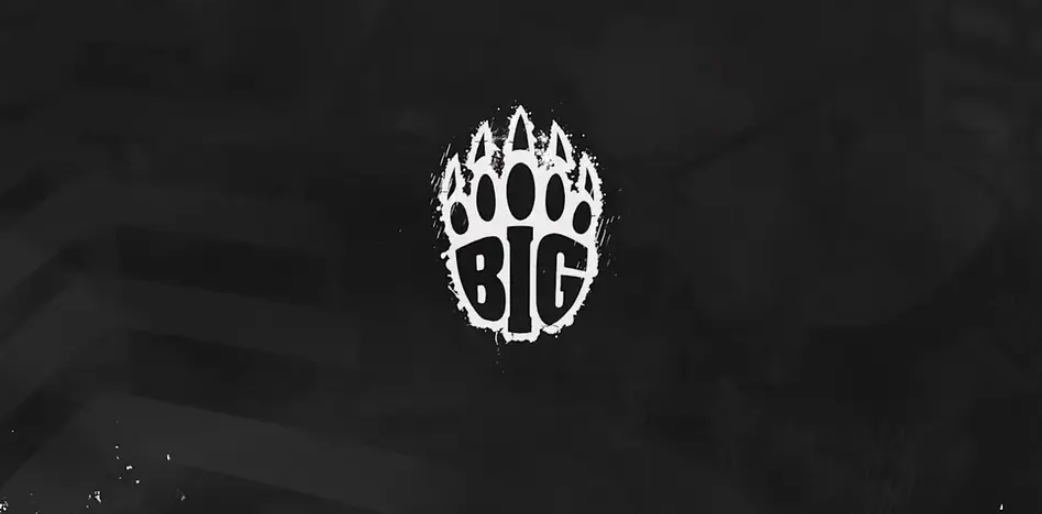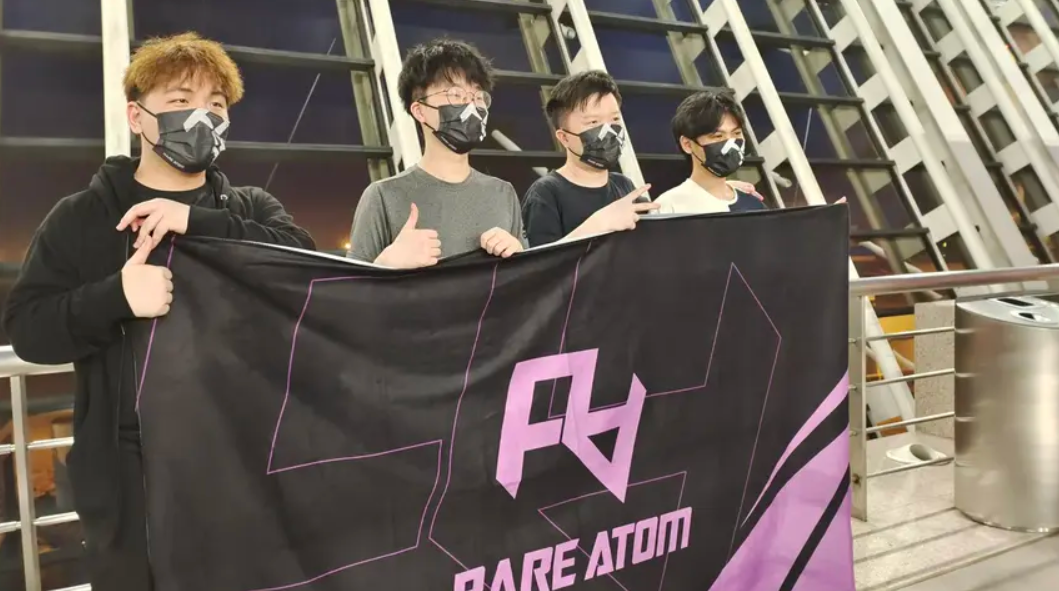Earnings from majors: Professional players receive up to $250 thousand for stickers

Participating in a CS2 Major tournament has become a lucrative endeavor for professional players, offering more than just prestige and prize money. The sale of in-game stickers has emerged as an additional revenue stream. As revealed by Alexey “NickelBack” Trofimov, a player from Amkal Esports, each participant can potentially earn a substantial sum ranging from $200,000 to $250,000 solely from sticker sales.
This statement sheds light on the profitability of participating in Majors, not only in terms of prize winnings but also through the distribution of merchandise revenues. Stickers featuring team logos and player autographs have gained immense popularity among CS2 fans, resulting in significant profits for both Valve and the players themselves. This year, there were stricter regulations regarding stickers, leading to a delayed release that occurred just before the playoffs. However, this did not diminish the value of prestigious and historic stickers from the first CS2 Major, which continue to hold their worth. The inclusion of sticker sales as a revenue source has further elevated the financial appeal of CS2 Majors, making them even more enticing for professional players seeking both competitive success and substantial financial gains.
The Lucrative Revenue Stream of CS2 Major Stickers
Participating in a CS2 Major tournament has become a highly lucrative endeavor for professional players, offering not only prestige and prize money but also substantial profits from merchandise sales, particularly stickers. The emergence of sticker sales as a significant revenue stream has transformed the landscape of Major tournaments and opened up new avenues for financial success in the esports industry. Stickers featuring team logos and player autographs have gained tremendous popularity among CS2 fans. These virtual collectibles allow enthusiasts to show their support for their favorite teams and players while also providing a means of generating revenue. The demand for stickers has created a thriving market where fans can buy, sell, and trade these digital items. Valve, the developer of CS2, has capitalized on the sticker market by introducing various sticker capsules and limited-edition collections during Major tournaments. These releases often include stickers featuring the participating teams and players, making them highly sought after by fans looking to adorn their in-game weapons and equipment with unique designs. The revenue generated from sticker sales is divided between Valve, the tournament organizers, and the players themselves. Valve takes a percentage of the sales as a platform fee, while the tournament organizers receive a share to support the event’s costs. The remaining portion is distributed among the players based on their agreements with their teams or organizations. Alexey “NickelBack” Trofimov’s statement about each participant potentially earning $200,000 to $250,000 from sticker sales alone highlights the significant financial impact that these virtual items can have. For professional players, this additional income can be substantial and can contribute significantly to their overall earnings.
In recent years, there has been a growing emphasis on the value and collectability of stickers, especially those associated with the first CS2 Major tournaments. Stickers from these historical events have become highly coveted by collectors and enthusiasts, driving up their market value. As a result, the financial rewards for players who possess and sell these prestigious stickers can be even more substantial. However, it’s important to note that the sticker market is not without its challenges. Valve has implemented stricter regulations and guidelines to maintain the integrity of the sticker system and prevent manipulation or abuse. This has led to delays in sticker releases, with some being made available only before the playoffs. Despite these measures, the value and desirability of prestigious and historic stickers remain unaffected. The increasing financial significance of sticker sales in CS Majors reflects the evolving nature of the esports industry. It highlights the growing importance of diversifying revenue streams beyond traditional prize money. Players and organizations now recognize the potential for substantial earnings through merchandise sales, particularly in the form of stickers. The sticker system has become a unique aspect of CS2 Majors, allowing fans to directly contribute to the financial success of their favorite players and teams. By purchasing stickers, fans not only show their support but also become active participants in the esports ecosystem. This symbiotic relationship between players, fans, and the game developers has contributed to the continued growth and popularity of CS2 Majors.
In conclusion, the profitability of participating in CS Majors extends beyond prize money, with sticker sales providing a significant source of income for professional players. The demand for stickers featuring team logos and player autographs has created a vibrant market where fans can engage and contribute financially to the esports industry. As the esports landscape continues to evolve, the financial rewards from merchandise sales, particularly stickers, will likely play an increasingly integral role in the success of professional players and the overall ecosystem of CS Majors.



